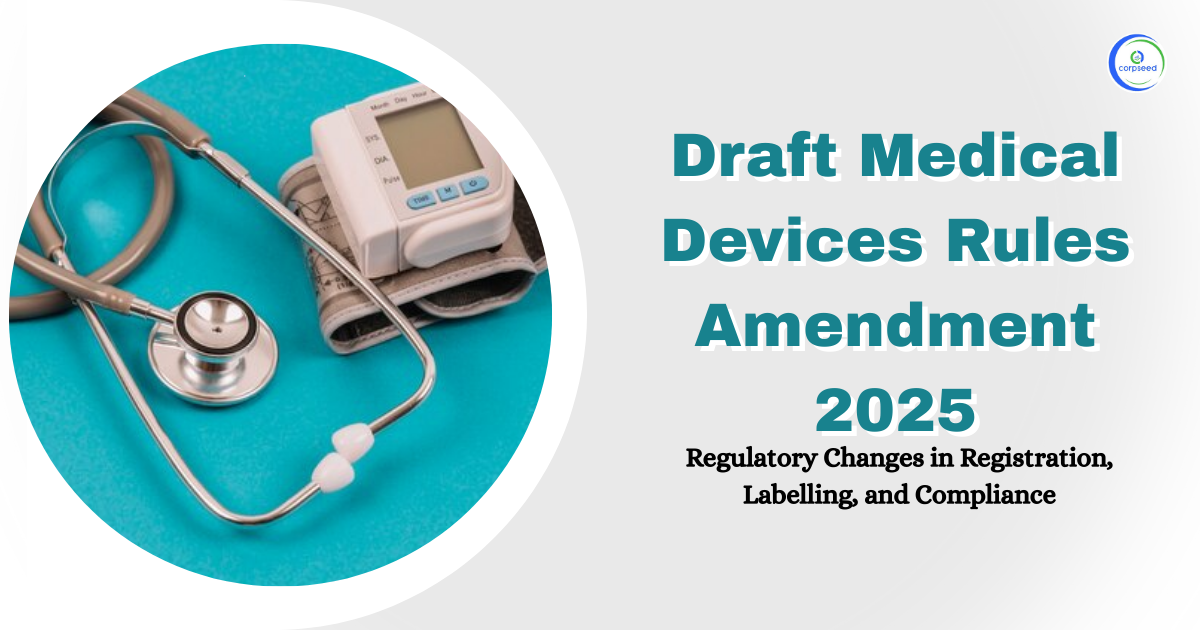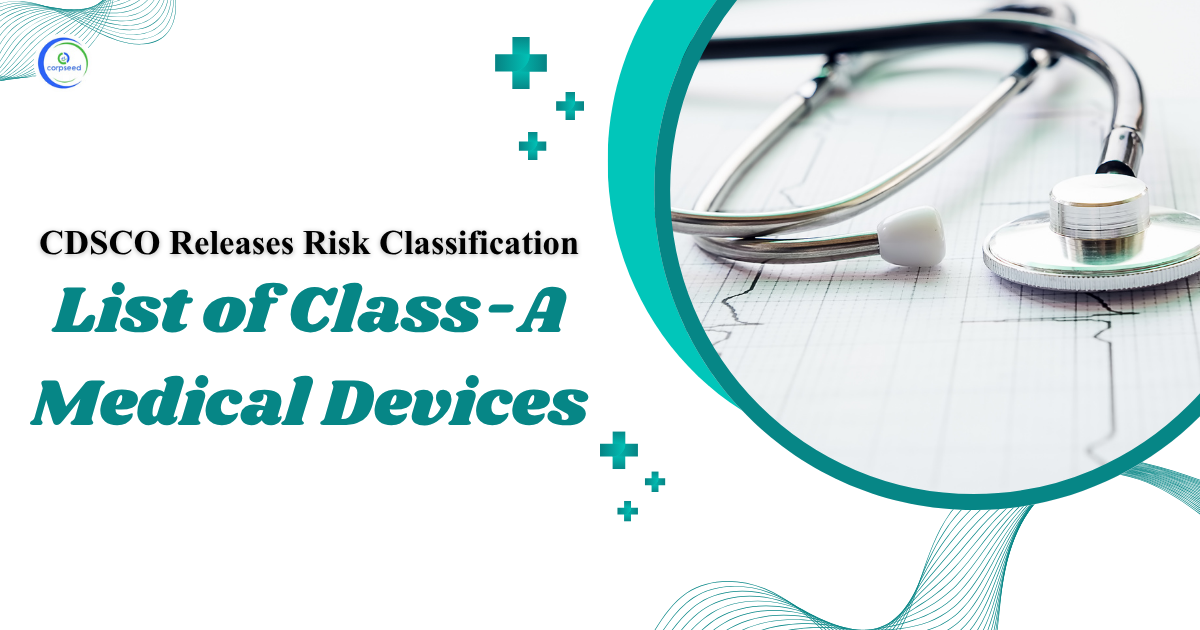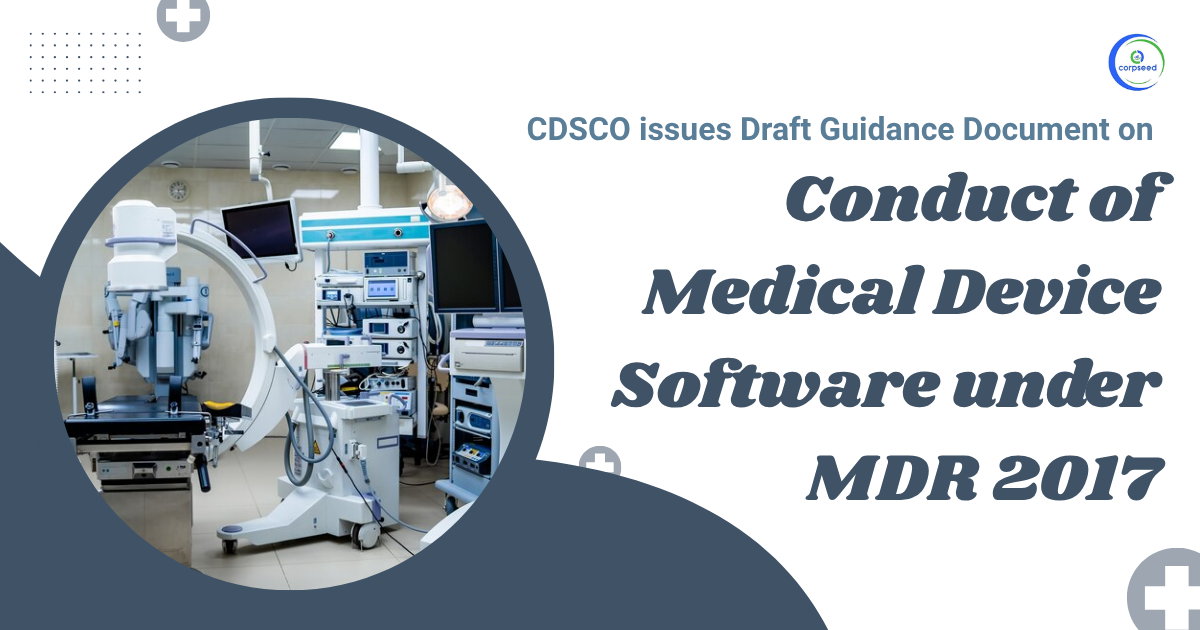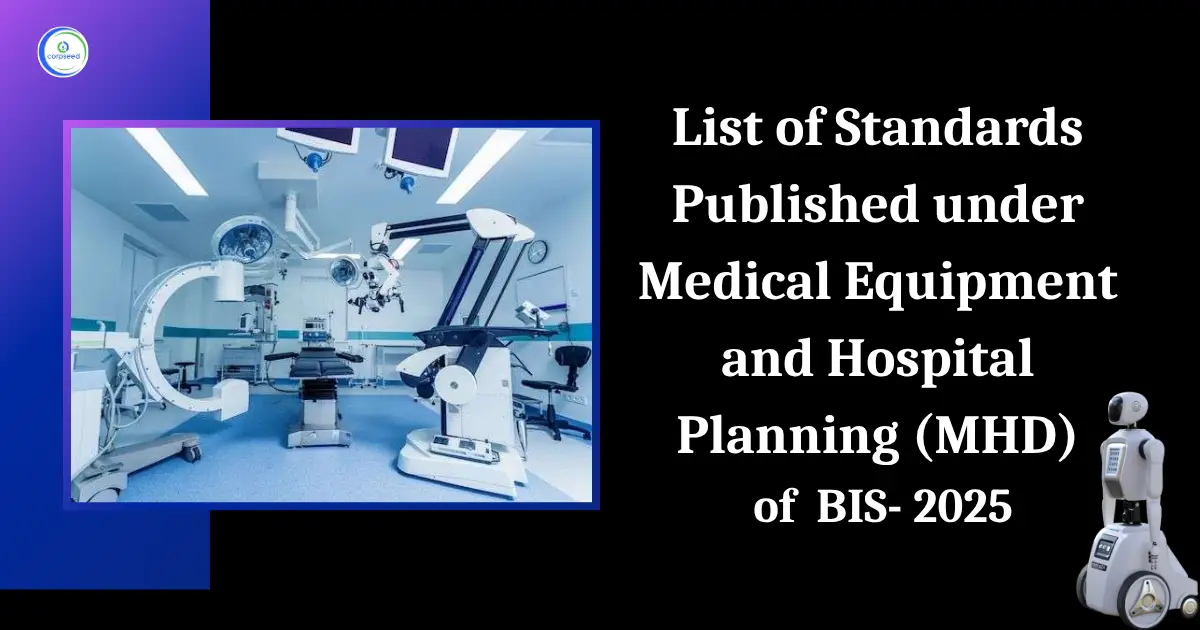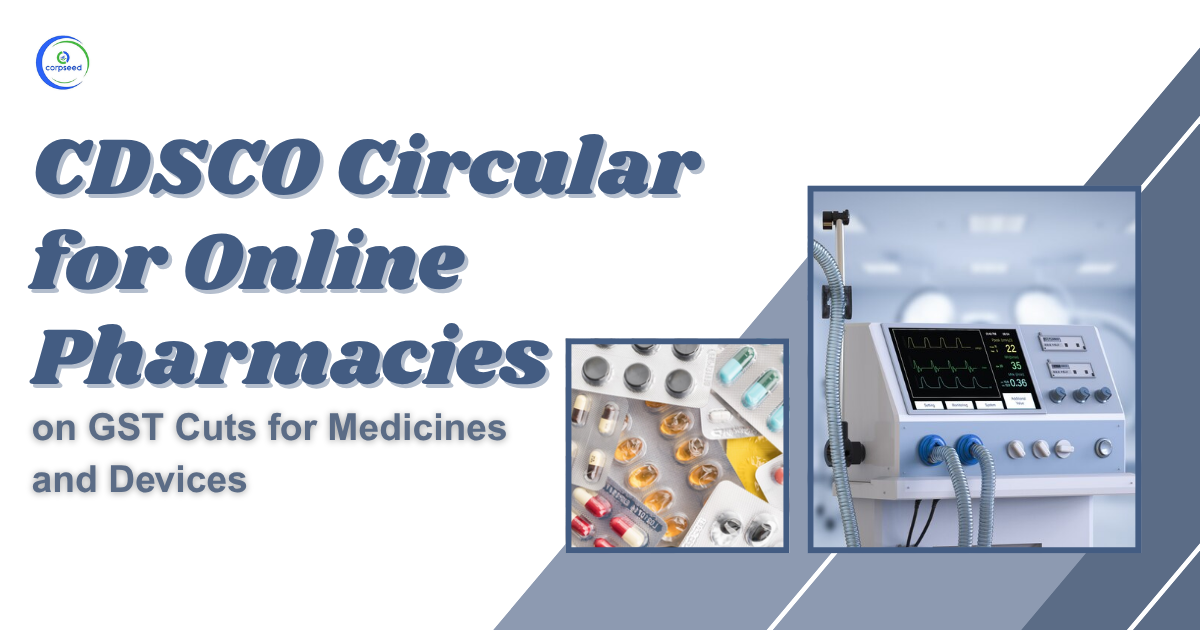Medical devices regulatory compliance in India includes meeting the guidelines set by the Central Drugs Standard Control Organization (CDSCO), which administers the approval, licensing, and monitoring of medical devices. Companies that fail to adhere with these regulations risk fines, market restrictions, and legal action. To navigate this multifaceted regulatory landscape, businesses often turn to professional compliance service providers.
Table of Contents
What is Medical Devices Regulatory Compliance?
Medical devices regulatory compliance refers to the procedure of ensuring that medical devices fulfill the legal, safety, and quality standards set by Indian regulatory authorities. In India, it is mainly governed by the Medical Device Rules, 2017 under the Drugs and Cosmetics Act, 1940.
The compliance process comprises product classification, risk assessment, implementation of quality management systems, technical documentation, and registration or licensing of the device with CDSCO. Medical devices are divided into four types based on the hazard:
- Class A - Low risk
- Class B - Low to moderate risk
- Class C - Moderate to high risk
- Class D - High risk
Each class has a set approval pathway and documentation requirements. For instance, devices under Class C and D need higher levels of testing and are managed by CDSCO at the central level. Importers of medical devices must secure an import license by submitting appropriate forms such as Form MD-3 in terms of class and category of device.
Importance of Medical Devices Regulatory Compliance
Regulatory compliance is not just a legal responsibility but it is a major factor in confirming product quality, patient safety and long-term business success. Ensuring compliance with medical device regulations is important for numerous reasons:
- Legal Authorization: Compliance is a legal requirement for manufacturing, importing and distributing medical devices in India. Working without the necessary licenses or approvals may result in fines, product recalls, or suspension of business.
- Patient and User Safety: Medical devices directly impact human lives. Regulatory compliance ensures that only safe, effective, and quality tested devices reach healthcare providers.
- Market Access: Without proper registration and licensing, medical devices cannot be lawfully marketed in India. Compliance is vital to gain and maintain access to both local and international markets.
- Business Reputation: Regulatory compliance determines the company’s commitment to standards and ethical business practices. It helps build trust with healthcare professionals, regulatory agencies, and consumers.
- Operational Efficiency: Compliance requires seamless documentation, processes and risk management, which can enhance the overall performance of the business and reduce the chances of costly mistakes.
Industries and Stakeholders Requiring Medical Device Regulatory Compliance
Regulatory compliance is vital for several stakeholders. Each stakeholder has different compliance requirements on the basis of nature of the work and the risk classification of their devices. Some of them include:
- Medical device manufacturers
- Importers and exporters of medical devices
- Healthcare start-ups and med-tech innovators
- Diagnostic labs and research organizations
- Private label device sellers
- Distributors and supply chain companies
- Hospitals introducing in-house medical equipment
Common Challenges in Medical Device Compliance
Despite its importance, achieving regulatory compliance can be difficult for businesses due to several factors, some of the common factors are:
- Complex Regulatory Framework: The classification system, approval paths, and changing documentation requirements can be hard to understand, especially for new entrants or small businesses.
- Frequent Policy Updates: Regulatory requirements are subject to change. Businesses should stay up to date with the latest CDSCO notices, circulars and amendments to avoid non-compliance.
- Time Consuming Approvals: Delays in documentation or errors in application forms such as Form MD-3 can extend the registration process and disrupt the product launch timeline.
- Lack of Internal Expertise: Numerous third-party companies do not have in-house regulatory teams to manage compliance. This leads to reliance on external consultants or gaps in compliance management.
Also Read: CDSCO Manufacturing License for Medical Devices
How Corpseed Can Help You?
Corpseed is a top consulting firm, offering specialized services to help businesses comply with India’s medical device regulations. With a team of experienced professionals and a deep understanding of CDSCO guidelines, Corpseed assists companies at every stage of the compliance process.
- Regulatory Guidance: We help businesses identify the applicable regulatory requirements based on their device classification, intended use, and market strategy. This includes guidance on Medical devices registration Medical devices registration, CDSCO registration and licensing processes.
- Product Classification and Risk Assessment: Precise classification is vital to determine the appropriate regulatory pathway. We assist in categorizing devices under Class A, B, C, or D, and provides the corresponding risk-based regulatory plan.
- Preparation and Submission of Applications: We prepare and submits required applications including Form MD-3 for import licenses and coordinates with the regulatory authorities to ensure timely approvals.
- Quality Management System Support: For manufacturers, Corpseed supports the implementation of ISO 13485 and other required quality management systems, which are a core part of the compliance process.
- End-to-End Support: From initial consultation to post-approval monitoring, we offer comprehensive assistance throughout the compliance lifecycle. This includes license renewals, regulatory updates, and audit preparedness.
- Tailored Solutions: Each medical device business has unique requirements. We develop customized compliance strategies tailored to the product type, business scale, and regulatory category.
Conclusion
In the medical device industry, regulatory compliance is not optional it is a basic requirement to do business in India. Ensuring compliance helps safeguard public health, builds trust in the healthcare system, and makes long-term success in a competitive market. However, the compliance process can be complex and time-consuming. Professional collaboration can ease this journey and confirm timely, accurate and low-cost fulfillment of regulatory requirements.
Corpseed’s medical device compliance services provide the necessary expertise and structural support to help businesses fulfill India’s regulatory standards with confidence and efficiency.
By choosing the right compliance partner, companies can focus on innovation and growth, ensuring their products meet all legal and quality needs.
This portion of the site is for informational purposes only. The content is not legal advice. The statements and opinions are the expression of author, not corpseed, and have not been evaluated by corpseed for accuracy, completeness, or changes in the law.
BOOK A FREE CONSULTATION
Get help from an experienced legal adviser. Schedule your consultation at a time that works for you and it's absolutely FREE.



